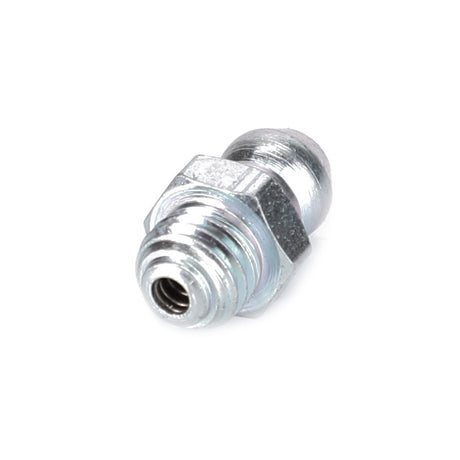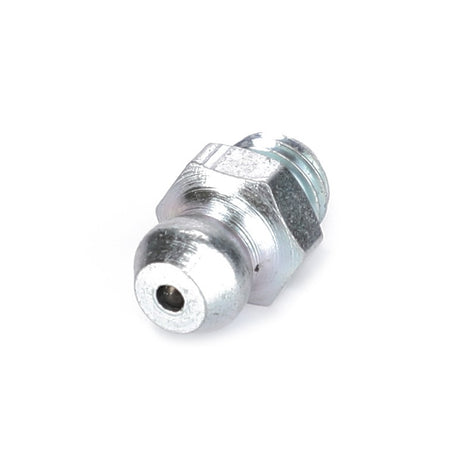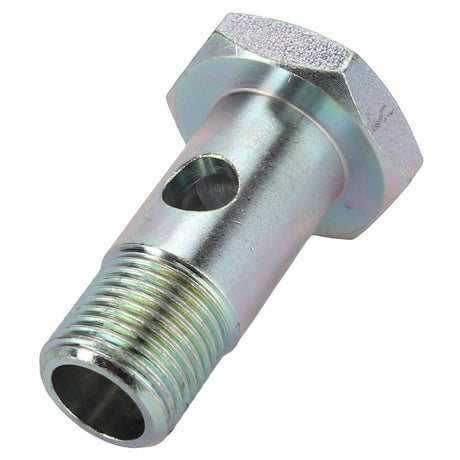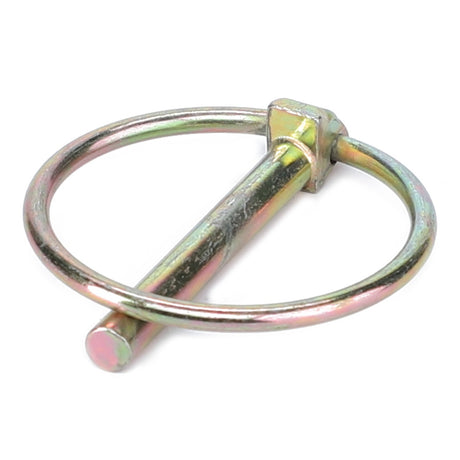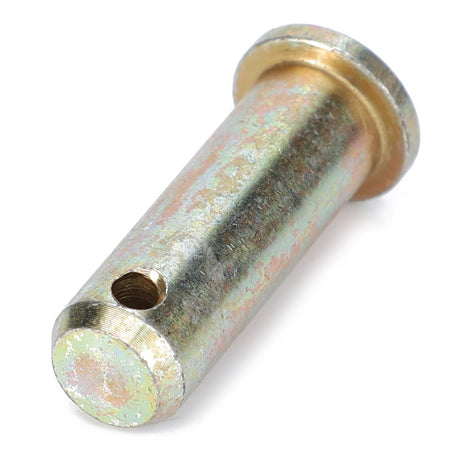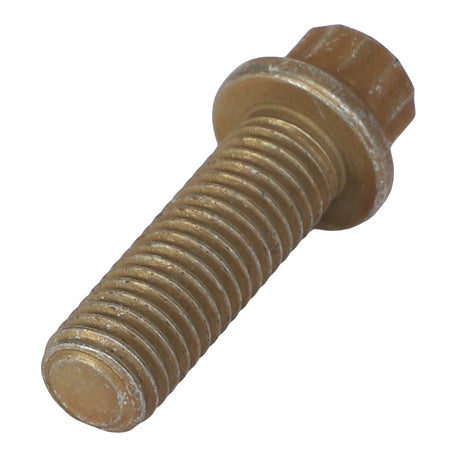The transmission system of your Massey Ferguson 390 is essential for effective power transfer and smooth operation of the tractor. It ensures that the engine’s power is efficiently transferred to the wheels, allowing for various speeds and torque. Understanding and maintaining the transmission parts is crucial for optimal performance and longevity of your tractor. This detailed guide will cover everything you need to know about Massey Ferguson 390 transmission parts, including their functions, common issues, maintenance tips, and where to find quality parts.
1. Key Transmission Parts of the Massey Ferguson 390
A. Transmission Gears:
-
Function: Transmission gears are responsible for changing the speed and torque of the tractor. They enable the tractor to operate effectively under various conditions by adjusting the gear ratios.
-
Types: The Massey Ferguson 390 may have several types of gears, including forward, reverse, and intermediate gears, each playing a specific role in the transmission system.
B. Clutch Assembly:
-
Function: The clutch assembly disengages the engine from the transmission, allowing for smooth gear changes and stopping the tractor without stalling the engine.
-
Components: The clutch assembly typically includes the clutch plate, pressure plate, and release bearing.
C. Transmission Shaft:
-
Function: The transmission shaft transfers power from the engine to the transmission gears. It is a critical component that ensures efficient power delivery.
-
Types: Common shafts include input shafts, output shafts, and counter shafts, each with specific functions in the power transmission process.
D. Synchronizers:
-
Function: Synchronizers help match the speed of the gears during gear shifts, enabling smooth and noise-free gear changes.
-
Components: Synchronizers typically include friction rings and hub assemblies that work together to synchronize gear speeds.
E. Bearings and Seals:
-
Function: Bearings support rotating parts within the transmission, while seals prevent oil leaks and contaminants from entering the transmission.
-
Types: Common bearings include ball bearings and roller bearings, while seals can be oil seals or gaskets.
2. Common Issues with Transmission Parts
A. Gear Slippage:
-
Symptoms: Difficulty in maintaining gear engagement, unexpected changes in gear, or noise during operation can indicate gear slippage.
-
Cause: Gear slippage can result from worn or damaged gears, improper adjustment, or inadequate lubrication.
B. Clutch Problems:
-
Symptoms: Difficulty in engaging or disengaging the clutch, slipping, or unusual noises can be signs of clutch issues.
-
Cause: Clutch problems may arise from a worn clutch plate, faulty pressure plate, or problems with the release bearing.
C. Transmission Fluid Leaks:
-
Symptoms: Visible fluid leaks under the tractor, low transmission fluid levels, or erratic shifting can indicate transmission fluid leaks.
-
Cause: Leaks can result from worn seals, gaskets, or damaged transmission components.
D. Noise and Vibration:
-
Symptoms: Unusual noises such as grinding, whining, or excessive vibration during operation may point to transmission issues.
-
Cause: Noise and vibration can be caused by worn gears, faulty bearings, or imbalanced shafts.
3. Maintenance and Replacement Tips
A. Regular Inspections:
-
Frequency: Inspect the transmission and its components regularly as part of routine maintenance. Check for signs of wear, leaks, and proper fluid levels.
-
Method: Use diagnostic tools to assess gear engagement, listen for unusual noises, and inspect for fluid leaks.
B. Fluid Maintenance:
-
Types: Use the recommended transmission fluid type and grade for the Massey Ferguson 390 to ensure proper lubrication and cooling.
-
Schedule: Replace transmission fluid and filters according to the manufacturer's recommended intervals, typically every 1,000 to 2,000 hours of operation.
C. Professional Service:
-
Quality Parts: Use genuine OEM or high-quality aftermarket transmission parts to ensure proper fit and performance.
-
Expert Installation: Have transmission components replaced or repaired by a qualified mechanic to ensure accurate installation and prevent potential issues.
D. Address Issues Promptly:
-
Early Detection: Address any signs of transmission problems promptly to prevent further damage and costly repairs.
-
Regular Maintenance: Follow the manufacturer's maintenance schedule and recommendations for optimal transmission performance and longevity.
4. Where to Find Quality Transmission Parts
A. Farmingparts.com
-
Extensive Selection: Explore our range of high-quality transmission parts for the Massey Ferguson 390 at Farmingparts.com. We offer both OEM and performance parts to meet your needs.
-
Expert Advice: Get expert guidance on selecting the right transmission parts for your tractor and receive professional support for installation and maintenance.
-
Convenient Ordering: Enjoy easy online ordering with fast shipping options to get your parts quickly and efficiently.
Maintaining and understanding the transmission parts of your Massey Ferguson 390 is essential for ensuring reliable performance and longevity. By familiarizing yourself with key components, recognizing common issues, and following proper maintenance and replacement practices, you can keep your tractor running smoothly. For top-quality transmission parts and expert support, visit Farmingparts.com and find everything you need to enhance your Massey Ferguson 390.
Ready to upgrade or replace your Massey Ferguson 390 transmission parts? Visit Farmingparts.com today to browse our selection of genuine OEM and high-quality parts. Get expert advice and ensure your tractor performs at its best with the right components.




